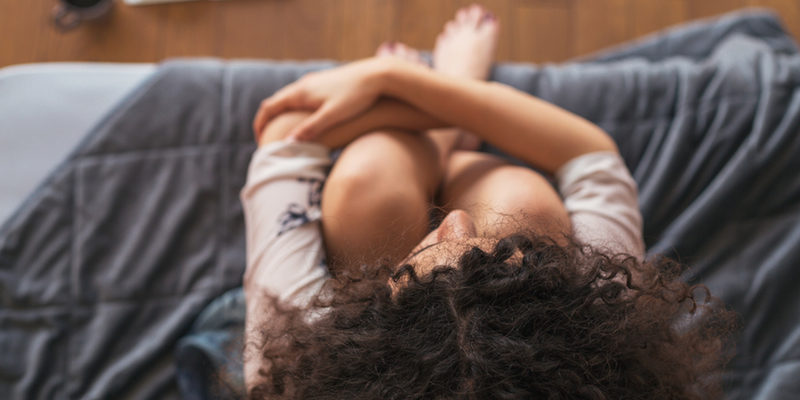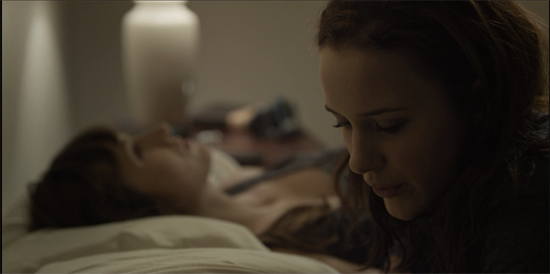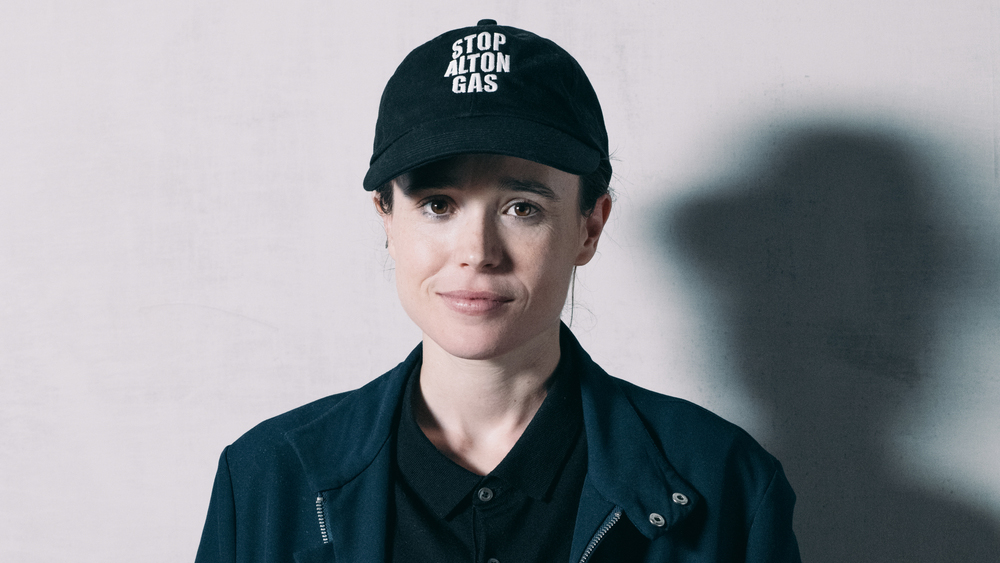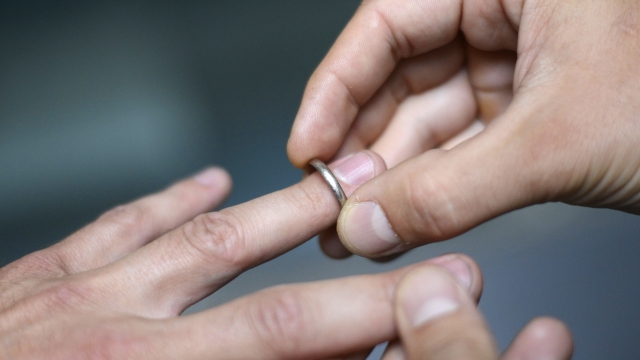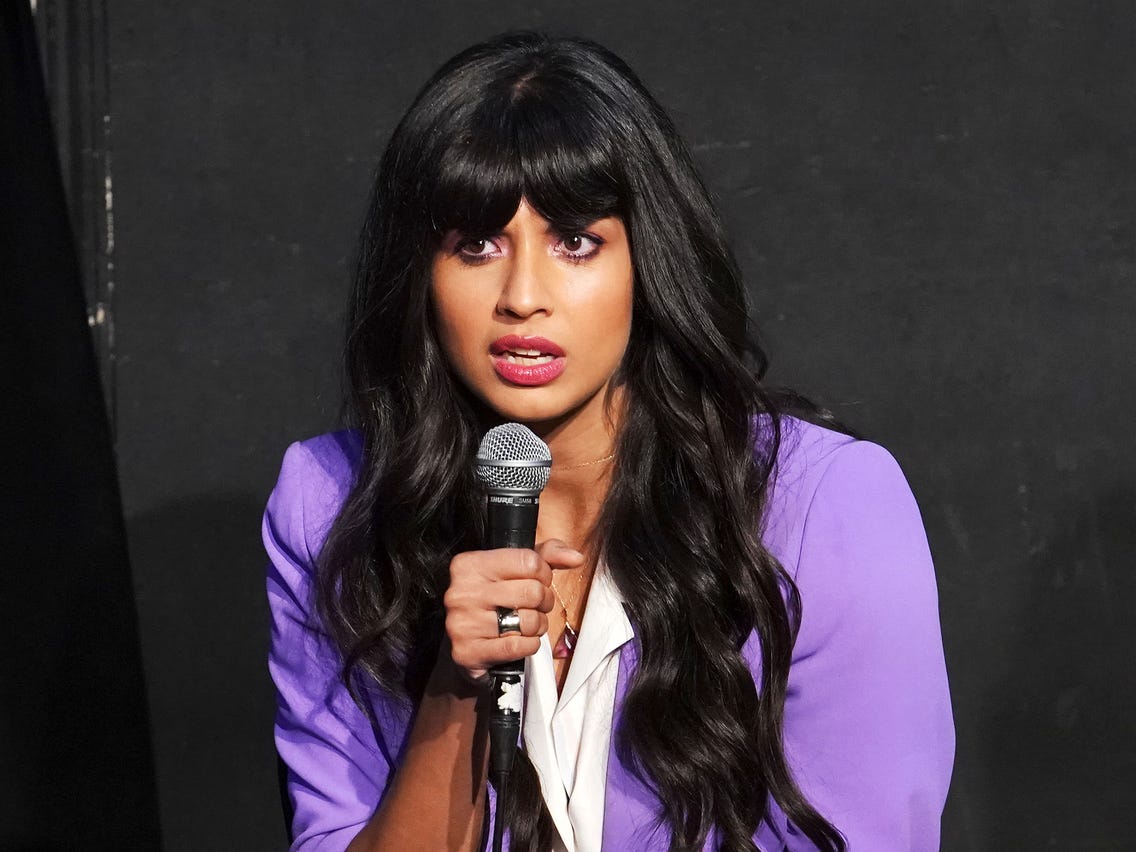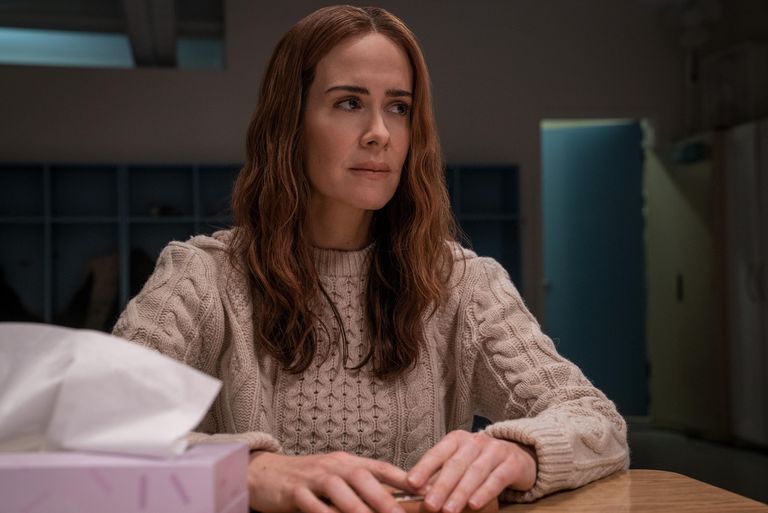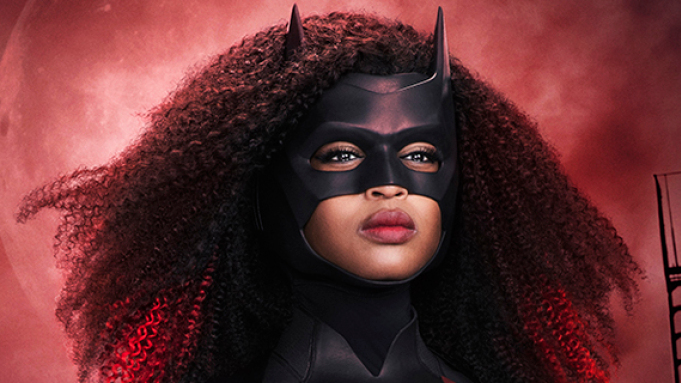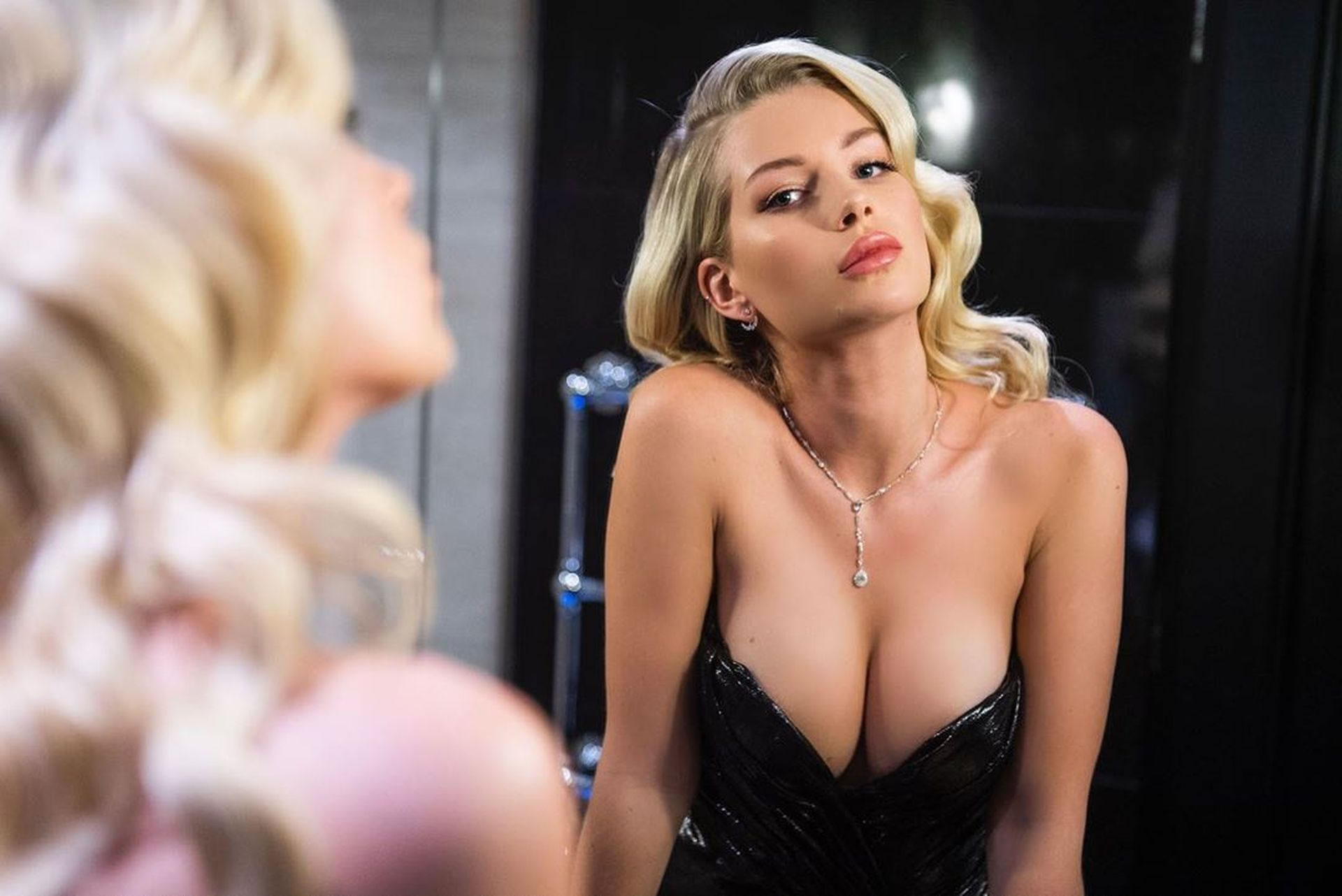As an LGBTQ person or as a black person, deeply held prejudices and systematic oppression threaten to deny you your human rights and keep you from prospering (e.g being turned away from jobs or housing or being mistreated by the police).
But what happens when you are a black LGBTQ person, and you become a minority within a minority?
Aziza Miller explores this in an article for The Gazette, explaining that
there is a struggle for people who are both black and queer to deal with two identities that tend to conflict with one another”. Miller notes that “homophobia in the black community and racism in the queer community make it difficult for queer black people to feel accepted in groups that also experience marginalization”.
Although it’s often glossed over with the excuse that there are ‘more important’ things to talk about, racism is rampant in the LGBTQ community. This is made quite clear in videos such as ‘Gay Guys React To Racist Grindr Profiles’ in which some gay men using the app are simply not open to dating gay men of colour.
It’s also not uncommon for non-black LGBTQ people to ‘act black’ (e.g mannerisms and instances of blackface), with famous white gay YouTuber Tyler Oakley having been called out several times for his ‘sassy black woman’ accent.
Miller also notes that gay bars have a habit of discriminating against employees and patrons of colour too.
A 2005 investigation by the San Francisco Human Rights Commission found that S.F Badlands (a popular bar in the Castro neighbourhood) routinely discriminated against African American customers and job applicants. The commission found that the bar’s owner, Les Natali, had also referred to African-American people as “non-Badlands customers”.
Miller’s article looks at homophobia within the black community as well. One belief that some people within the black community have is that black people simply are not LGBTQ (something that perhaps stems from poor ethnic diversity when it comes to LGBTQ characters in media).
Other black people – just like people of other minorities – may use religion as a basis for bigotry.
Recent findings from that Public Religion Research Institute dispelled the idea that African-American people are more likely to be homophobic, and may actually be more in support of LGBT equality than their non-black peers (the hope not to see LGBTQ people denied human rights as black people are is a factor).
That said, it doesn’t make the anti-LGBTQ prejudice from the black community felt by black LGBTQ people any less real, and the struggle to make both communities as welcoming as they can be continues.
[interaction id=”56d059c0fe5d459225d49467″]
